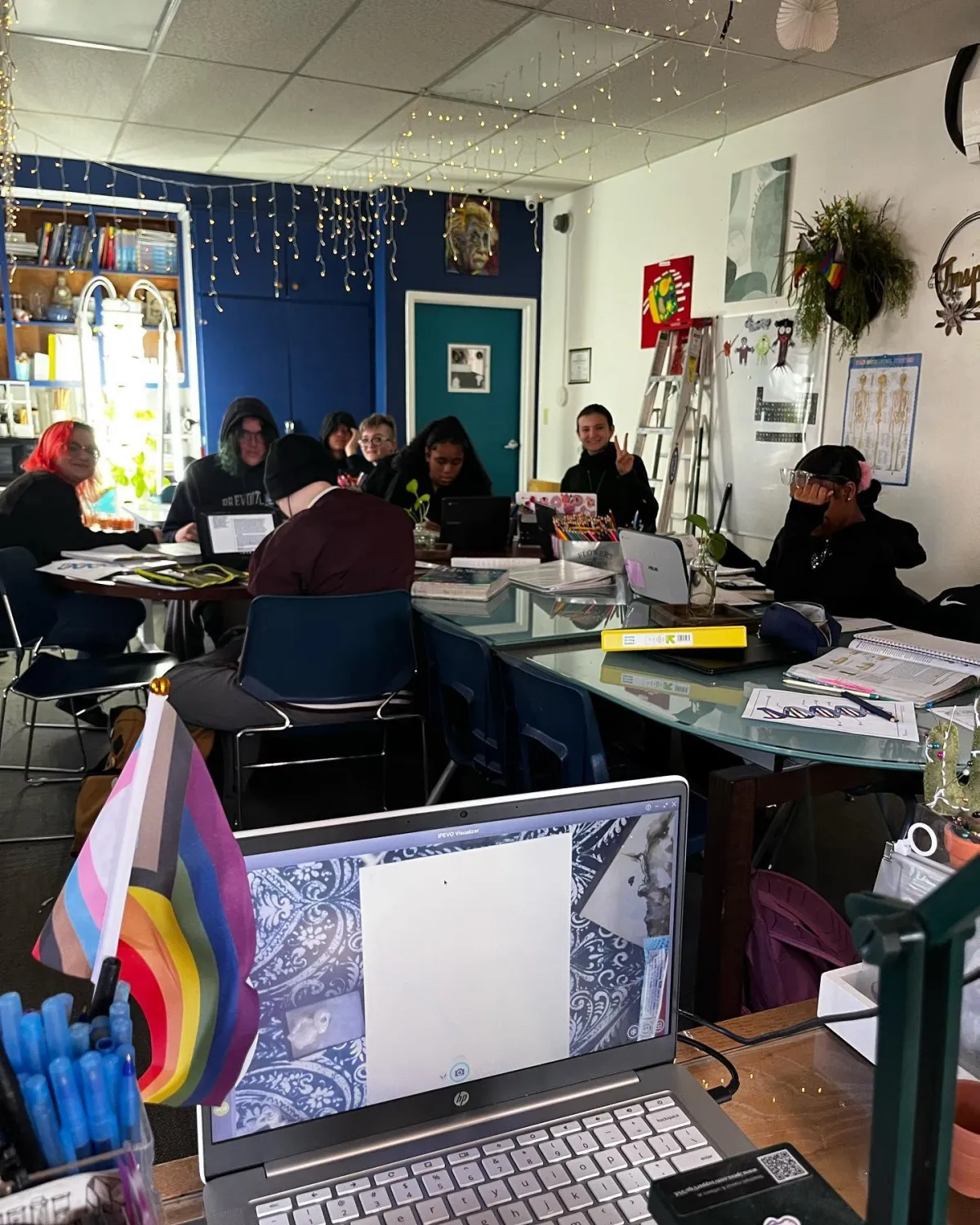
Back to School 2025: What Families Need to Know About Holistic Education
As families gear up for another school year, the conversation around holistic education continues to gain momentum. More than a trend, this student-centered approach nurtures academic growth alongside emotional, social, and creative development. It supports the whole child—mind, body, and spirit.
While traditional education often emphasizes standardized test scores and rigid curriculums, this approach invites a broader view of success. It recognizes that each student has unique needs, strengths, and learning styles, and that success includes more than just grades. This perspective is especially relevant today as students navigate a complex world that requires not only knowledge but also empathy, resilience, and adaptability.
What Is Holistic Education, Really?
Holistic education focuses on the whole child, including academic performance, mental health, social skills, and emotional well-being. It values relationships, creativity, and civic responsibility as essential components of learning. Rather than trying to fit students into one mold, this model allows for personalized pathways to success.

The principles behind this approach have roots in progressive education theory, psychology, and social-emotional learning. These ideas are supported by a growing body of research linking student well-being to academic outcomes. For families exploring alternatives, the framework offers a balanced way to approach school without sacrificing rigor.
What sets holistic education apart is its commitment to real-world relevance and emotional connection. Lessons are often interdisciplinary and project-based, encouraging critical thinking and collaboration. Students are not just taught what to learn; they are taught how to learn, how to reflect, and how to engage.
When students feel safe, heard, and capable, they are more likely to take ownership of their education. This sense of agency builds confidence, motivation, and a lasting love of learning. As students mature, the ability to self-manage and advocate for their needs becomes a lifelong skill.
How Holistic Education Supports Mental Health
A core component of holistic education is its focus on mental health and emotional well-being. With the rise in adolescent anxiety and depression, schools must be more than academic institutions. They must be safe, supportive communities. Holistic schools integrate therapeutic services directly into the school day.
This support may include individual counseling, group therapy, and family counseling options. It helps students work through challenges that might otherwise interfere with learning. Rather than separating academic success from emotional wellness, these schools treat them as interconnected.
In a holistic setting, students often learn mindfulness techniques, conflict resolution skills, and emotional literacy. These tools promote self-awareness and resilience, helping students manage stress and maintain healthy relationships. By embedding these skills into the curriculum, schools normalize conversations around mental health.
Parents often report a noticeable change when their child begins attending a school grounded in holistic principles. Students may seem more regulated, communicative, and engaged. For families who’ve struggled to find a school that truly supports their child, this approach can be transformative.
Personalized Learning in Action
One of the most defining elements of holistic education is personalized learning. Rather than applying a one-size-fits-all curriculum, schools work to understand each student’s strengths, goals, and challenges. They build academic plans that reflect how each individual learns best.
This might include academic remediation, extended time for assignments, or enrichment through arts and technology. Students are encouraged to set their own goals, track their progress, and take responsibility for outcomes. This collaborative process fosters intrinsic motivation and a sense of purpose.
Teachers in holistic environments often act as guides and mentors rather than just instructors. They build strong relationships with students and help them connect lessons to real-life applications. These relationships create trust, which is essential for meaningful learning to occur.
Assessments, too, may look different. Portfolios, presentations, and narrative feedback can replace or supplement traditional tests. These methods not only evaluate what a student knows, but how they think, how they grow, and how they solve problems—hallmarks of holistic education.
Building Social Responsibility and Community Values
Holistic education doesn’t just focus inward; it encourages students to look outward and engage with their communities. Service learning, civic engagement, and ethical discussions are all part of the curriculum. This builds a foundation of empathy, responsibility, and global awareness.
When students participate in community projects, they see their learning in action. They begin to understand the real-world implications of their knowledge and the power they have to make a difference. This connection between school and society is key to building socially responsible citizens.
Classroom discussions often touch on current events, social justice, and equity. These conversations help students understand different perspectives and the importance of critical thinking. Through these experiences, students grow into compassionate, informed individuals.
Families often notice that their children develop stronger communication and leadership skills in holistic settings. Whether it’s presenting ideas to peers or organizing a school event, students gain confidence in their voices. These are the kinds of experiences that prepare them not only for college but for life.
Encouraging Creative Expression and Exploration
Creativity plays a vital role in student development. Students are given opportunities to explore music, art, writing, and technology as part of their academic experience. These subjects are not seen as extras; they are integrated into learning as vehicles for expression and problem-solving.

Creative outlets allow students to process emotions, explore identity, and build confidence. When teens can express themselves authentically, they often find renewed interest in learning. This connection between creativity and well-being is central to holistic education.
In many programs, students engage in multimedia projects, design thinking exercises, and collaborative performances. These activities require planning, teamwork, and reflective thinking. They help students learn in ways that feel meaningful and exciting.
By embracing the arts and innovation, schools signal that there are many ways to be smart and successful. This inclusive message resonates deeply with students who may have felt overlooked or misunderstood in traditional settings. It reinforces the idea that school can be a place where they truly belong.
What Will School Mean in 10 Years?
As we look to the future, this approach offers a vision of schooling that aligns with the realities of modern life. It prepares students to think critically, care deeply, and act wisely. In a rapidly changing world, these qualities are more important than ever.
For families exploring educational options, holistic education provides both structure and support. With built-in access to mental health care, opportunities for credit recovery, and an approach that encourages ownership-based accountability, this model meets students where they are. If your teen needs a different kind of school experience this year, there’s a place where they can succeed—on their own terms.




